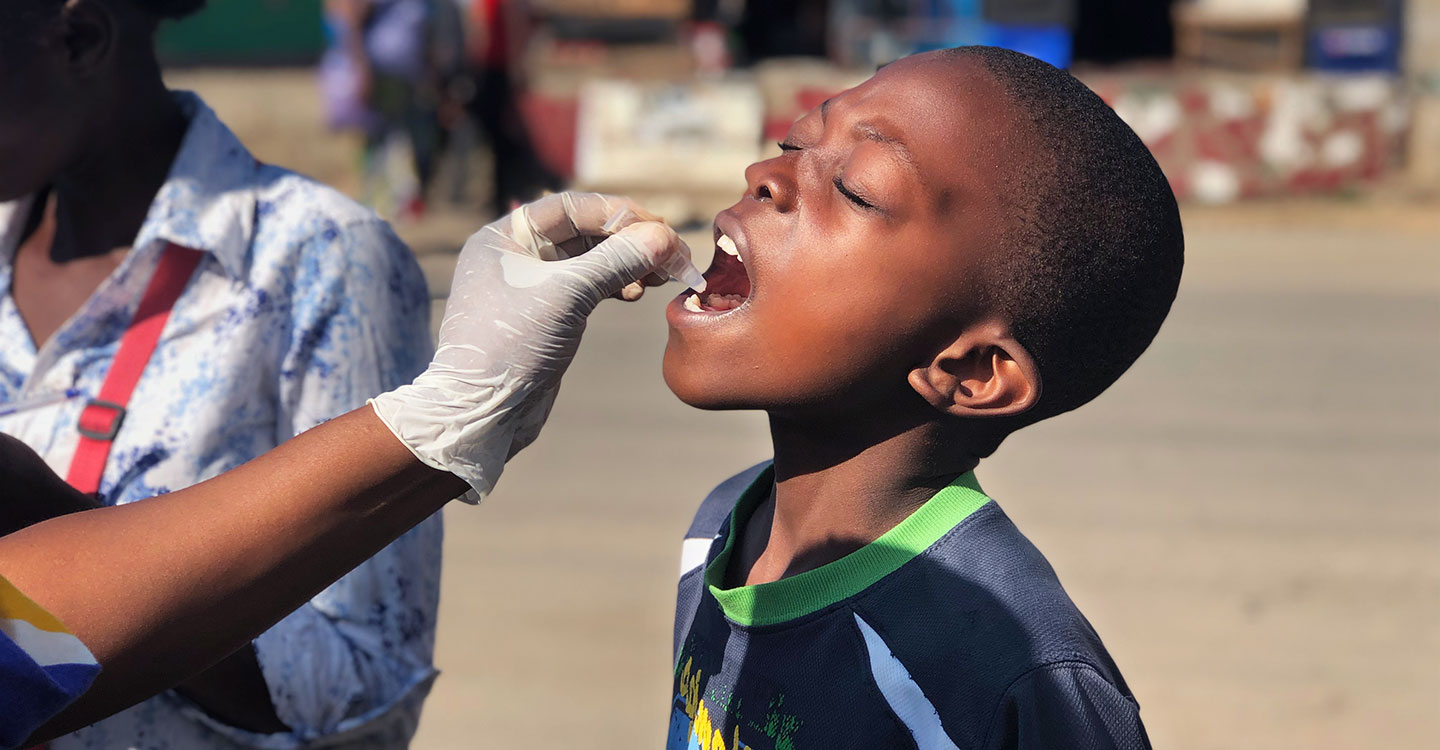
The Global Task Force on Cholera Control (GTFCC) has approved about 9million doses of oral cholera vaccine (OCV) for Nigeria to implement two campaigns in 14 LGAs in 9 states, including the Federal Capital Territory, to mitigate the risk of an upsurge of cholera cases during rain season.
The World Health Organisation country representative in Nigeria, Dr Walter Molumbo, who disclosed this at the WHO training on the integration of the OCV in emergency and preventative contexts observed that Nigeria degraded its biggest cholera outbreak which commenced in 2021 with over 100,000 suspected cases reported, stressed the need for the early allocation and shipment of the vaccines to ensure vaccinations are done out sooner than later to stop the outbreak from becoming big epidemic.
Molumbo stated that the challenges identified during 2021 annual GTFCC stakeholder meeting, including poor quality reactive and preventative OCV campaign requests, lack of OCV use as an outbreak response in some settings, inadequate monitoring and evaluation of OCV campaigns need to be urgently addressed.
“WHO is cognizant of the need to implement quality campaigns and the operational challenges in different contexts. Nigeria has demonstrated capacity to implement campaigns in difficult settings, including security challenges as experienced in the 2 LGAs in Zamfara as well as addressed and improved Campaign data quality, through the use of real-time reporting by vaccination teams using hand mobile phones,” Molumbo said.
“We believe that the vast experience built in Nigeria over the years in implementing mass vaccination campaigns, will come to bear, as we prepare for these preventive campaigns.
“We are confident that the opportunity of this training for knowledge sharing from the three levels of the organization and the multiple country participants, will not only help improve on the gaps identified but also ensure that countries are better prepared to request, plan and implement quality campaigns with OCV as part of their national Cholera control plans and further contribute the long-term goal of Ending Cholera by 2030”.
According to Molumbo, “Cholera control efforts is a holistic one including more than just vaccination and the need to address issues around WASH remains critical in the long term.
“This brings to bear the need to improved coordination of cholera control efforts and ensure that clean and safe water as well as improve hygienic practices as highlighted in the Cholera control plans are implemented in a sustainable manner to ensure we achieve the desired goal.”
Also speaking, Minister of Health, Dr Osagie Ehanire recalled that the first recorded appearance of cholera at epidemic level in Nigeria was in 1972, with gradually increasing numbers of outbreaks over the years, along with marked mortality and morbidity, and expenses associated with treatment and management.
He noted that the traditional measures for cholera prevention and control have been to provide potable water and improve hygiene and sanitation adding that science has however, over the years, risen to the task, with the development of oral cholera vaccine, now certified as effective enough to be recommended for disease prevention and control.
The minister pointed out that the availability of the vaccine has unfortunately been limited, which has restricted its use and the much-expected impact.





